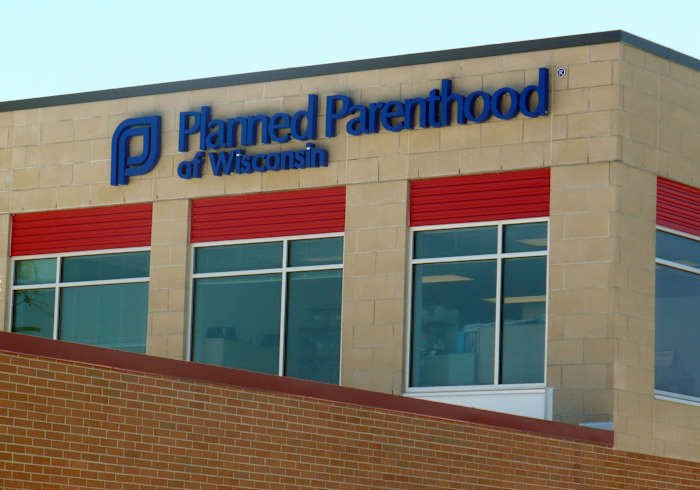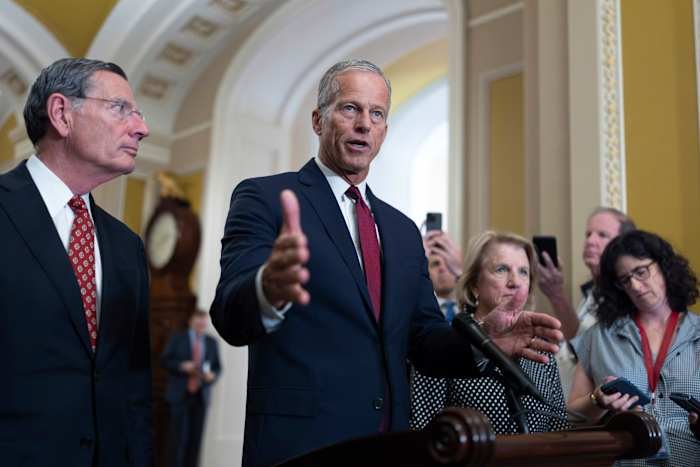Planned Parenthood of Wisconsin has announced a pause on scheduling abortions, beginning next week, following significant federal Medicaid funding cuts tied to President Donald Trump’s recent tax and spending bill. While this news may seem distant from Orlando, the ripple effects of such policy changes can impact reproductive care and advocacy efforts nationwide, including right here in Central Florida. In this article, Daily Orlando News explores the background of the funding cut, what it means for patients and providers, and how the issue resonates with the Orlando community.
Understanding the Federal Medicaid Funding Cut
The decision by Planned Parenthood of Wisconsin comes on the heels of federal budgetary changes that target Medicaid funding to clinics providing abortion services. As part of the latest tax and spending package passed during the Trump administration, organizations that offer abortions, even with private funds, are barred from receiving certain streams of Medicaid reimbursement.
This change has put a financial strain on clinics not just in Wisconsin, but across the country. Without Medicaid funding, many Planned Parenthood locations struggle to absorb the costs of providing a full range of reproductive health services, prompting difficult decisions like pausing abortion appointments. The move is seen as both a direct result of federal policy and a cautionary tale for other states, including Florida, where similar federal funding supports crucial health services.
Implications for Patients in Wisconsin and Beyond
For Wisconsin residents, the immediate impact is clear: patients seeking abortions must now look elsewhere or face longer waits. This pause in services disproportionately affects low-income individuals who rely on Medicaid for healthcare coverage. It also puts additional pressure on nearby states’ providers and increases the logistical and financial barriers for those seeking care.
But the effects are not limited to one state. National organizations and clinics in Florida, including those in Orlando, are watching closely. Any precedent set in Wisconsin could embolden lawmakers in other states to pursue similar restrictions or funding cuts, potentially restricting access to essential healthcare services for Floridians in the future.
Reproductive Rights and Healthcare Access in Orlando
Orlando is home to a diverse and growing population, with many residents depending on Medicaid for their healthcare needs. Planned Parenthood of Southwest and Central Florida operates clinics in the region, serving thousands of patients annually. While Florida’s Medicaid policies currently differ from Wisconsin’s, the shifting federal landscape means local providers remain vigilant.
Advocates in Orlando are concerned that the Wisconsin situation could signal future challenges. Many organizations are doubling down on education, outreach, and advocacy to ensure that reproductive rights are protected in Florida. The local conversation now includes not only the importance of accessible abortion care, but also how federal decisions can reach far beyond their point of origin.
Political and Community Responses
The funding cut and its fallout have sparked passionate responses from both sides of the debate. Supporters of Planned Parenthood argue that Medicaid funding is essential for providing comprehensive health services, including cancer screenings, contraception, and STD testing—not just abortions. They warn that undermining these services can have broader public health consequences.
Opponents, meanwhile, have welcomed the move as consistent with their anti-abortion stance. At the same time, many in Orlando’s medical and educational communities stress the importance of keeping healthcare accessible and affordable for all residents. Local leaders and advocacy groups are calling on policymakers to consider the real-life impacts of such funding decisions on families and communities, both in Wisconsin and here in Central Florida.
Looking Ahead: What Orlando Residents Can Do
As Wisconsin grapples with the immediate fallout of its Planned Parenthood clinics pausing abortion appointments, Orlando residents have an opportunity to learn, engage, and act. Staying informed about changes in reproductive healthcare policy—both at the state and federal level—can empower individuals to participate in the conversation and advocate for accessible care.
Local organizations are urging residents to reach out to elected officials, support reproductive health providers, and participate in community forums. Whether you’re directly affected or simply concerned about the future of healthcare access in Orlando, your voice and your vote matter.
Conclusion
The pause on abortion services at Planned Parenthood of Wisconsin is more than a local issue; it’s a signal of how federal funding decisions can shape healthcare access nationwide. For Orlando and Central Florida, the situation is a reminder to remain vigilant and proactive in protecting reproductive rights and services. What are your thoughts on the impact of federal funding cuts on local healthcare? Share your perspective in the comments below—we want to hear from our Orlando community!
















